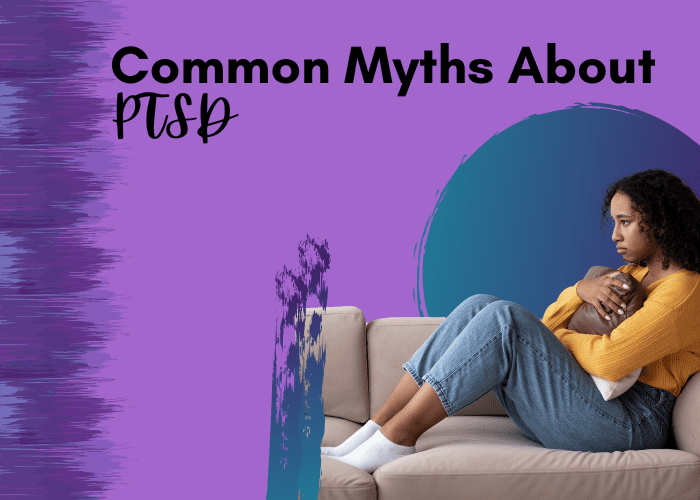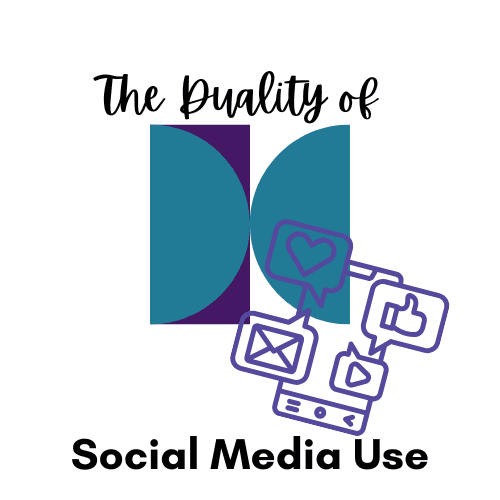
June 27th is PTSD Awareness Day. This is a few weeks early, but considering common misconceptions about this disorder can be a good way to ramp up towards that day. There are many common misconceptions about Post Traumatic Stress Disorder. Working on dispelling misconceptions and myths is a great way to start understanding PTSD better. It can also help with removing some of the stigma around this mental health condition.
Everyone who experiences trauma gets PTSD
Not everyone who experiences a traumatic event goes on to develop Post Traumatic Stress Disorder. We still don’t know why some people develop it and others don’t. While there has been a lot of research, researchers have yet to fully understand what contributes to some people to develop it in response to traumatic events. What we do know is that it has nothing to do with personal weakness or strength. People who develop it are not weak.
There’s no effective treatment for PTSD
There are actually many effective treatments for PTSD. Group therapy can be helpful for many people, as can EMDR therapy. CBT can also be a helpful treatment. There have also been some medications that have been trialed, but as of right now, medications that treat specific symptoms (such as anxiety or depression) are the only ones approved for treatment.
Only combat veterans get PTSD
The classic view of someone with PTSD is a combat veteran. In fact, combat veterans from WWI are where we first started to build our concept of this disorder (“shell shocked” was what it was originally called). In WWII, we transitioned to calling these symptoms “combat fatigue” in soldiers that came back from war. However, since then, our understanding of PTSD has expanded greatly. We now know that anyone who experiences a traumatic event, whether in war or in their regular lives, can go on to develop PTSD.
Talking about the traumatic event can exacerbate symptoms; that’s why therapy doesn’t work
Talking about a traumatic event can be incredibly painful. Many people don’t seek help because they worry that this will cause their symptoms to get worse or that talking about it won’t help. However, we have research that shows that therapy can be very helpful for PTSD. Talking about the traumatic event does not mean PTSD will get worse.
Common Myths about PTSD



